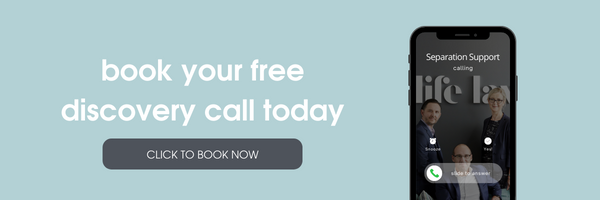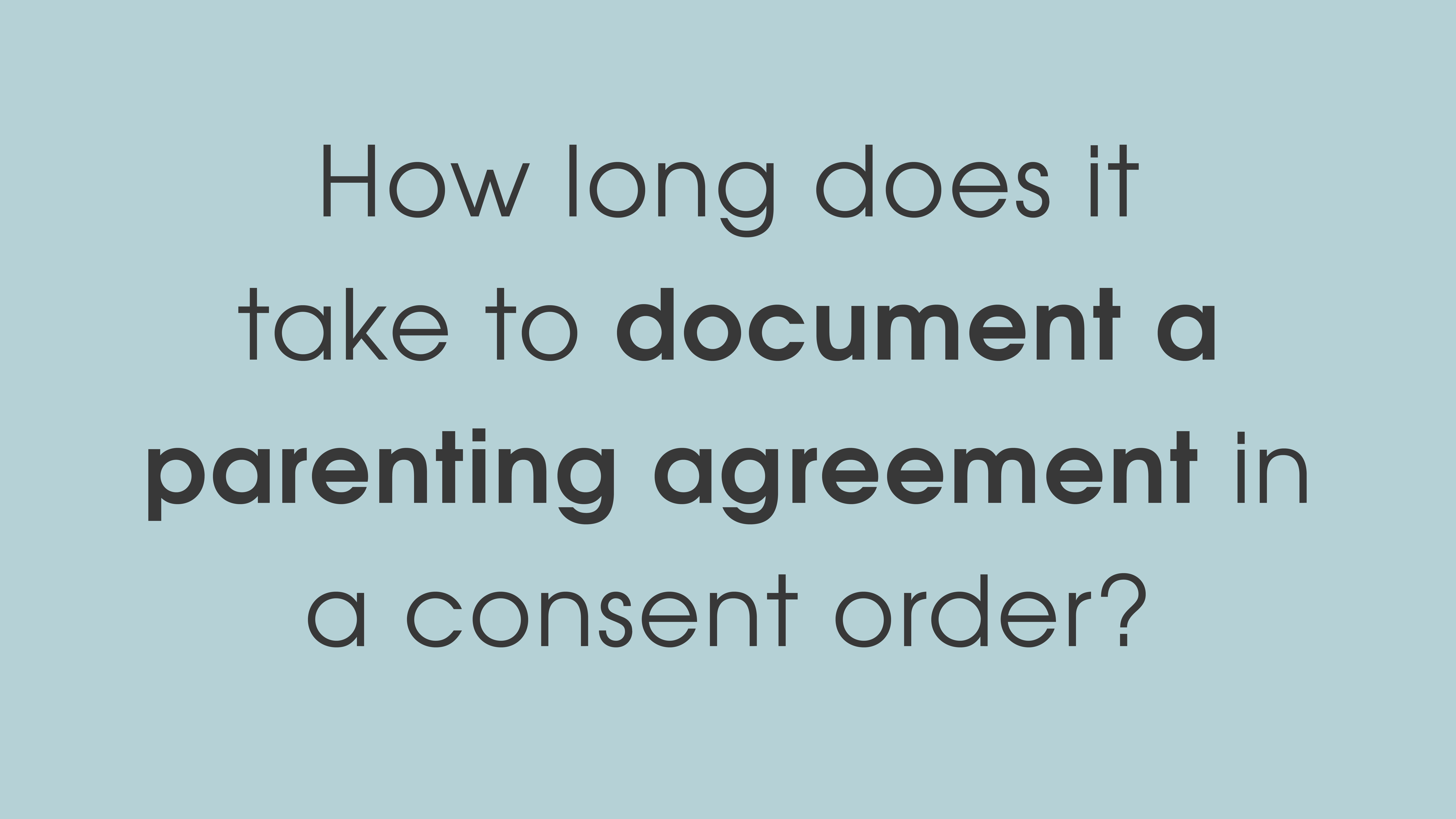A Surrogacy Guide for Same-Sex Couples in Queensland

For same-sex couples in Queensland, the journey to parenthood through surrogacy is a path filled with hope, challenges, and unique legal considerations. While the Surrogacy Act provides a framework for surrogacy arrangements and parentage orders, navigating the process as a same-sex couple requires careful attention to specific requirements and practical considerations tailored to their circumstances.
In Queensland, surrogacy is regulated by the Surrogacy Act, which outlines the legal framework for surrogacy arrangements. For female same-sex couples, demonstrating eligibility for surrogacy involves meeting the criteria of an “eligible woman” as defined in Section 14(2) of the Act. This entails proving a medical need for surrogacy, such as being unable to conceive, carry a pregnancy, or give birth due to medical reasons.
For male same-sex couples, demonstrating a social need for surrogacy under Section 14(1) of the Act is often more straightforward. This may involve showcasing the desire to become parents and the absence of a female partner to carry a child, thereby establishing a genuine social need for surrogacy.
Beyond legal requirements, same-sex couples embarking on the surrogacy journey encounter practical considerations unique to their situation.
These may include:
- Choosing a Surrogate: Selecting a surrogate who shares compatible values, beliefs, and expectations regarding the surrogacy journey is essential. Same-sex couples may opt for a known surrogate, such as a friend or family member, or explore the possibility of engaging a surrogate through reputable groups or forums.
- Financial Planning: Surrogacy involves significant financial costs, including medical expenses, legal fees, and compensation for the surrogate’s expenses. Same-sex couples should carefully budget and plan for these expenses to ensure financial stability throughout the process.
- Open Communication: Maintaining open and honest communication with all parties involved, including the surrogate and any potential donors or agencies, is essential. Clear communication fosters trust, understanding, and mutual respect, laying the groundwork for a positive and collaborative surrogacy experience.
- Emotional Support: The surrogacy journey can be emotionally challenging for both the intended parents and the surrogate. Couples should prioritise seeking emotional support through counselling, support groups, or trusted friends and family members to navigate the highs and lows of the process with resilience and positivity.
Despite the legal and practical complexities, surrogacy offers a transformative opportunity for same-sex couples to fulfil their dreams of parenthood. By understanding the legal requirements, addressing practical considerations, and fostering open communication and emotional support, couples can embark on the surrogacy journey with confidence, resilience, and hope for the future.

Contact the best family lawyers on the Sunshine Coast and Brisbane for personalised assistance tailored to your unique circumstances. Your journey toward strength and grace begins with Life Law Solutions.





